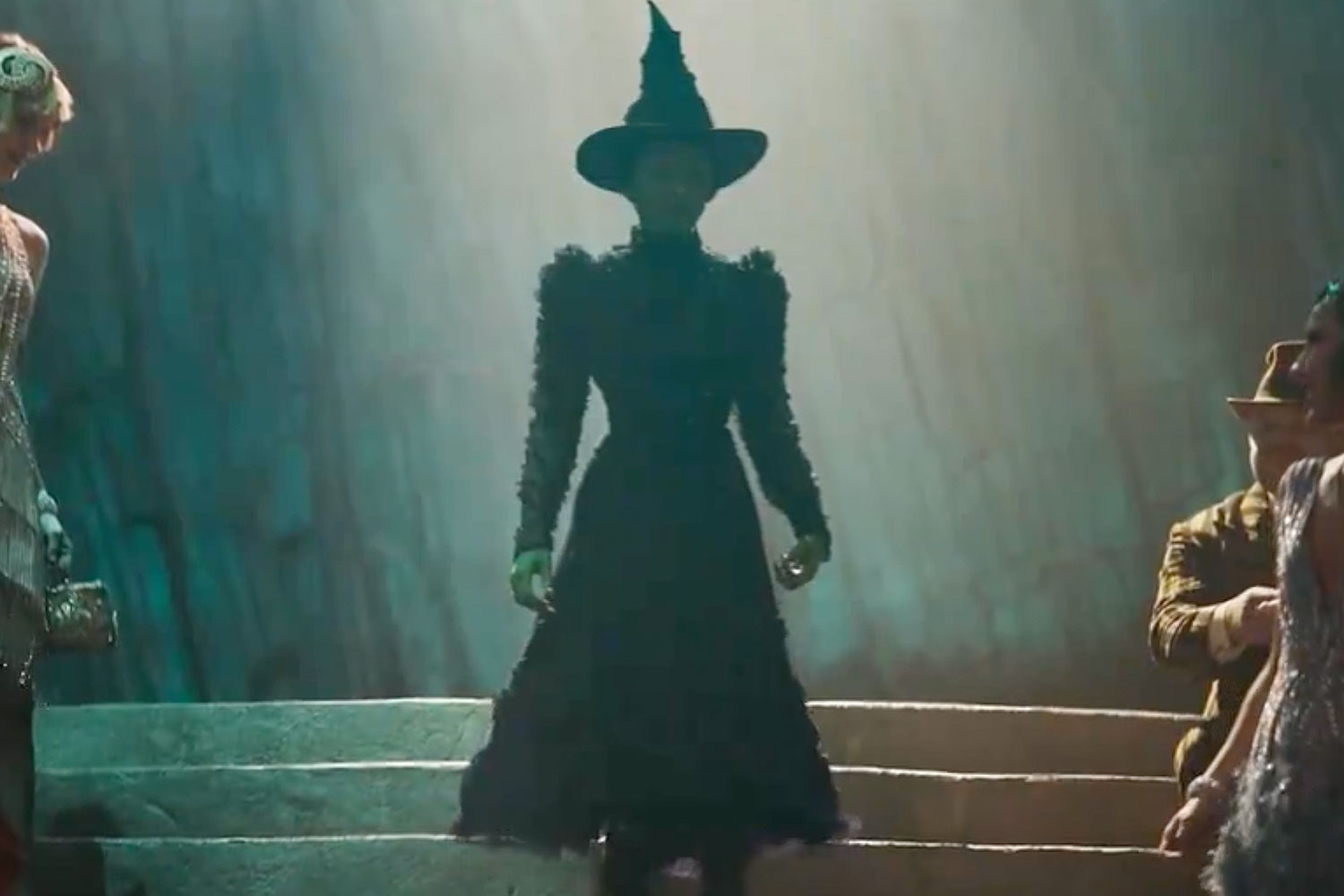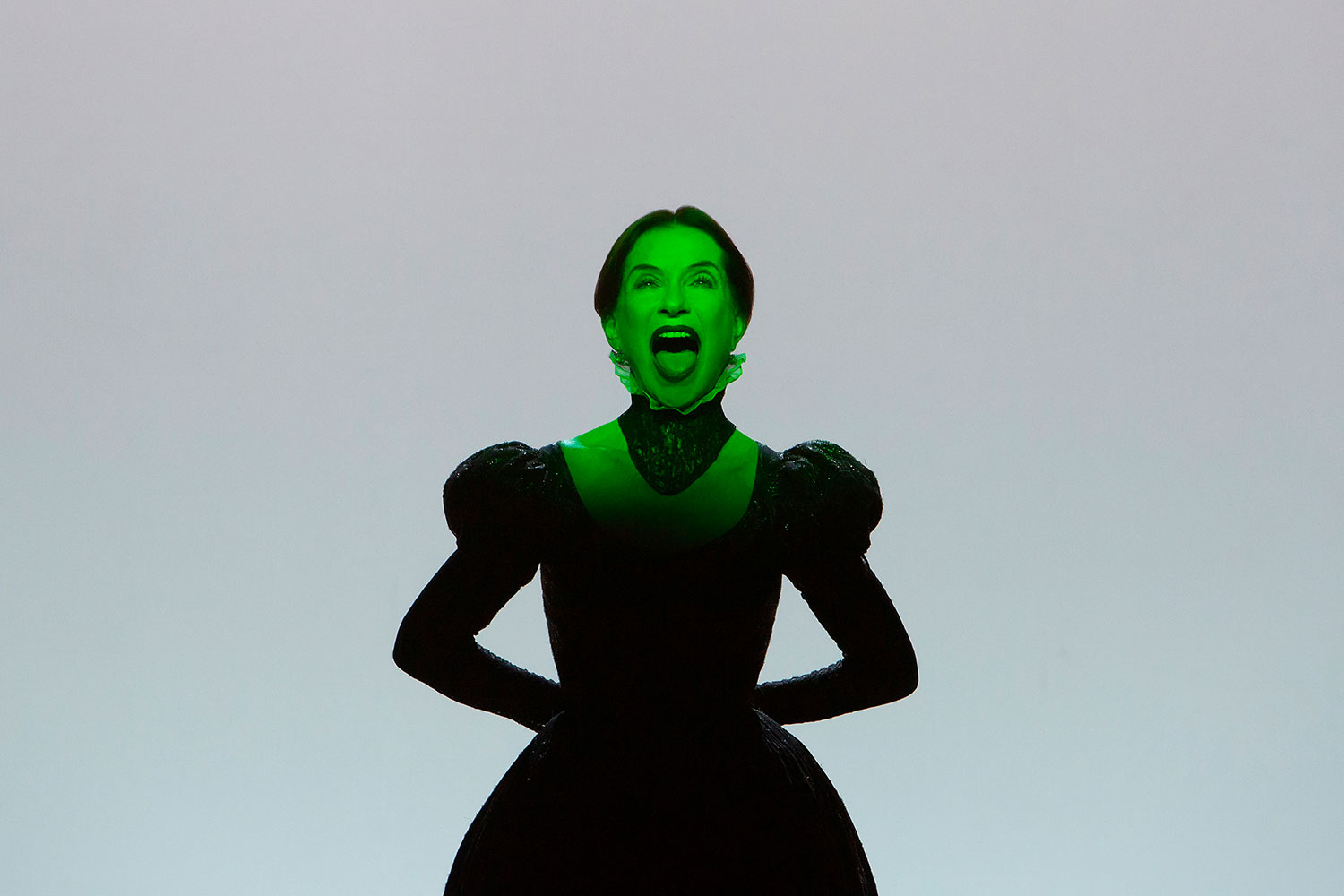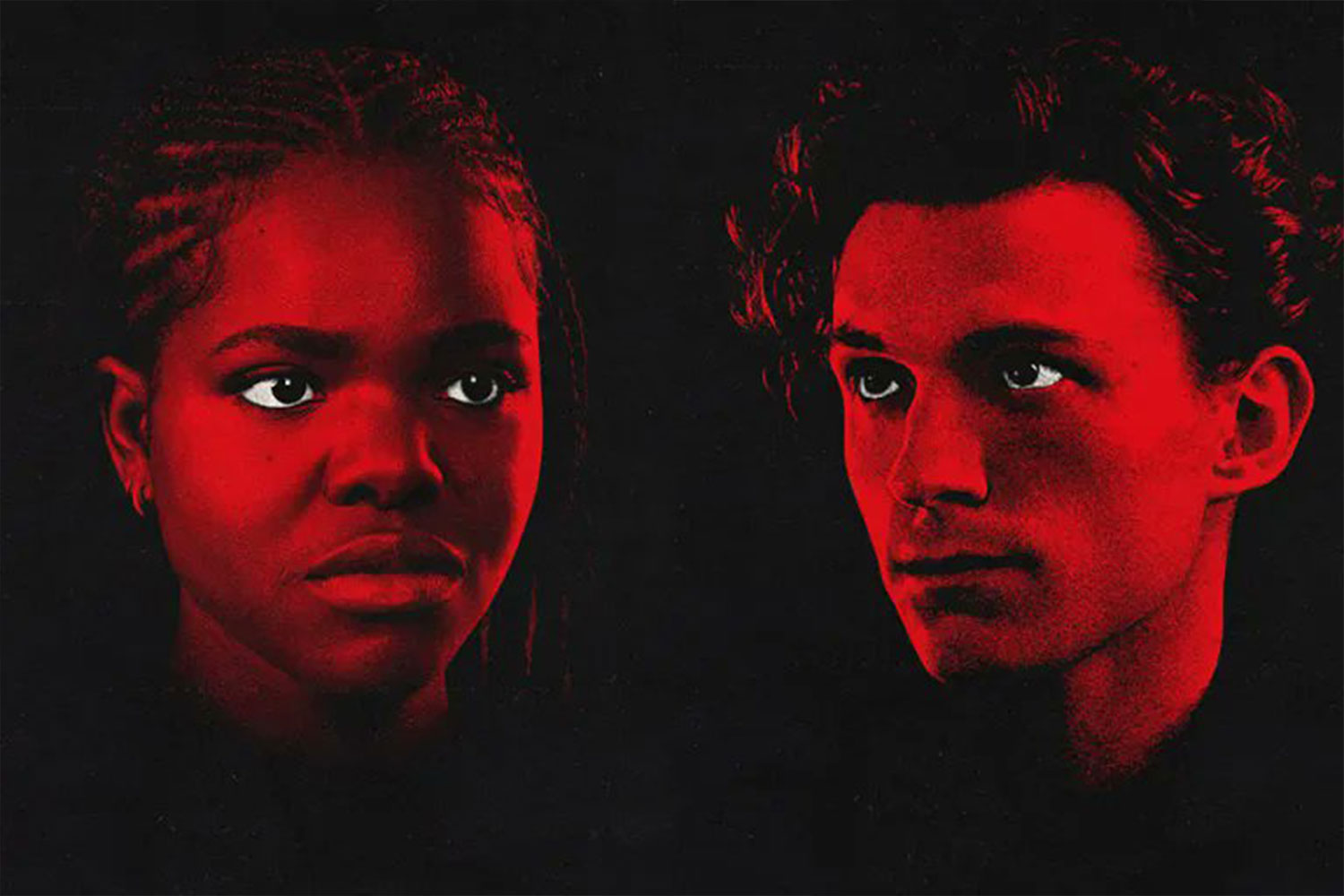The Taming of the Shrew (RSC)
Perhaps this should have been called Carry on Taming because this was a Shrew that played up to the full the low-comedy elements of the text as well as accepting the casual misogyny.
The play begins in a modern setting, where the drunken Christopher Sly is thrown out of a lap-dancing club prior to his humiliation by the aristocrats. The players arrive and Sly finds himself as part of the costume drama. It’s a neat use of the framing device and quickly draws our attention to the connections between the modern world and the historical one. But at the same time, it’s uncomfortable for the audience: the central relationship between Petruchio and Katherina will cause many audience members to flinch.
Stephen Boxer‘s Petruchio is a charmless, violent bully from the moment we first see him battering his servant’s face on a door,. This is not a Petruchio who finds himself slipping into the persona of a torturer; this is a domestic bully, relishing the humiliations that he heaps upon Katherina. As the text makes clear, every privatation that she suffers, he suffers too, in the mutual journey that they take together, but Boxer’s Petruchio finds no spiritual sustenance – this is cruelty for cruelty’s sake.
As for Michelle Gomez’s Katherina; there is little sight of the bold, witty and proud woman that we first encounter. Her descent into adject subjugation is painful to watch. This is a woman bereft of dignity, even offering her body to Petruchio’s servant for food. Her final speech about a woman’s duty is delivered in such a downcast tone that we recognise a human being whose spirit has been completely broken – it’s a painful moment.
One can see what Morrison is driving at. He tries to show how the put-upon Sly can imagines himself as a strutting macho character, the bullying becoming the bully, but it’s simplistic psychology, missing much of the richness of the text.
Amidst the cruelty, there are some good jokes – there’s a particularly funny visual gag on the words “from Pisa”- and the actors draw every ounce of comedy from the text; sometimes too excess, I’m not sure every gag has to be laboured so hard and whether the frantic gurning is entirely necessary.
But even it were the funniest comedy in the world, it couldn’t hide pain the uncomfortable nature of the Petruchio and Katherina relationship. Morrison has probably given us a play closer to Shakespeare’s intentions and closer to one that the Tudor audience would have watched – but that’s not to say that the authenticity should be welcomed.
-Maxwell Cooter
NOTE: The following THREE-STAR review dates from 2 May 2008 when the production was in Stratford.
Shrew is a difficult play to put on contemporarily; with its seemingly archaic, misogynistic message that women should put up, shut up and obey their husband-masters. It has to be done ironically, subversively or with a twist; otherwise its message is too terrible. Conall Morrison’s clever, colourful production for the RSC is certainly a bit twisted, but doesn’t lose any of the terror.
It starts brashly, with a lairy, modern-day stag party misbehaving in front of a seedy club and adult video store. And really, from here on in, the play never loses that gaudy, Luhrmann-esque quality. Most of the story of how the ‘shrew’ is ‘tamed’ takes place in a play-within-a-play, so the actors clearly enjoy hamming it up melodramatically. There is an extravagance of silliness – particularly within the first half – slapstick, bawdiness, ridiculous disguises, farcical entrances and exits and a smorgasbord of stupid accents. Not to mention the RSC’s current favourite party trick of dragging a member of the audience on stage.
It is, however, probably too long- there’s only a certain amount of incredibly high-octane slapstick that one can cope with before starting to feel a little nauseous and I did start to want a bit of light relief from the light relief.
The increasingly dark and disturbing 2nd half however, offers this contrast. After Petrucchio’s mind-bogglingly energetic campaign of cruelty towards her, Morrison presents us with a Kate who is not merrily ‘tamed’ but completely destroyed. Her final soliloquy is terrifying: warped, broken and spiritless. Morrison is not subtle with delivering his themes: there is a strong overtone of violence and bullying and the “I am whatever you say I am” motif is heard loud and clear. This is a shrew who is not simply bent into shape but completely broken.
Francis O’Connor’s set design and Joan O’Clery’s costuming also the hit the message home – and closer to home. The seedy club façade of the earlier scenes is directly echoed in the front of the Renaissance Italian residences of the bulk of the play; offering a clear sense of continuation. Also, as the play goes on, the costumes get increasingly modern until the final scene, where they’re back to where they started – in contemporary dress. Morrison is clearly suggesting an age-old cycle of abuse and dominance towards women, but instead of leaving it in the past, it’s shoved right in your 21st Century face.
The huge verve of the play does throw up some fantastic performances, taking their lead from the outstanding Stephen Boxer and Michelle Gomez as a bafflingly, vigorously cruel Petrucchio and an utterly convincing and vivid Kate. An impressive supporting cast includes Keir Charles’ Tranio, Patrick Moy’s Lucentio, Peter Shorey’s Gremio and Amara Karan’s Bianca.
So, it’s in yer face, it’s clever and it’s not particularly comfortable to watch; with its initial never-ending silliness followed by Kate’s truly harrowing descent into subjugation. But there’s enough cleverness, extreme energy and theatrical machinery to truly drive Morrison’s point firmly home.
– Fiona Ferguson










